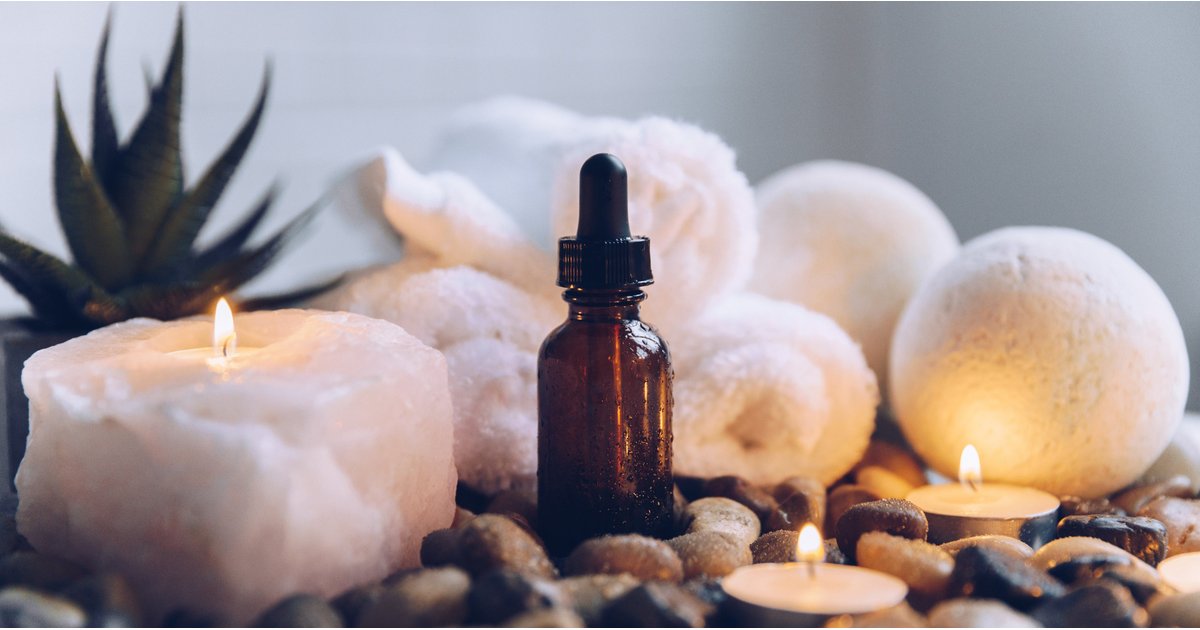Effective Coping Techniques to Use When You Are Feeling Down
Depression is a serious mental illness characterized by feelings of sadness and hopelessness in the individuals it affects. It often also results in a loss of interest in activities previously enjoyed. Depression is hard to snap out of. It is an energy drainer and can affect many personal and professional relationships. The key to overcoming depression is to make small changes and positive choices daily. It takes action to fully recover from depression. Sometimes the mere thought of doing things to help break the mood is exhausting. Starting with a few small goals and slowly building up is the best technique anyone can use when they are feeling blue.
Confide In Others

It is hard to fight depression alone. In fact, one of the lies depression tells the individuals it affects is that they are alone. This is not the case, and isolation can make things worse. Thus, patients with depression should try to create relationships with others to ensure there is a support system handy when needed. They should consider turning to friends and family members who are loving and caring enough to confide in. Even if a night inside sounds better than going out, it is worth it to make an effort to go out and be social, at least on occasion. There are also support groups available for those dealing with depression.
Uncover another tip for coping when feeling down now.
Physical Activity

Exercise is a great alternative to taking antidepressants. But there’s no need to join a gym just to stay active! Even simple ways of staying active can be of a great benefit to individuals when they are feeling down. For instance, individuals can try parking their car on the furthest side of the parking lot to their destination. They can even walk to and from work where possible or always take the stairs instead of the elevator. Bike riding is also a great low impact exercise. They can also turn on some music and tackle chores around the house if going out is not a possibility.
Learn more coping techniques now.
Think Positive Thoughts

When negative thoughts start creeping in, it is crucial for individuals to change or challenge them as much as they possibly can. One great way for individuals to change their negative thoughts into positive ones is for them to ask themselves about what their best friend might say about the negative thought. What might this friend say in response? It can also be quite uplifting to remember it is okay to be imperfect. It does not hurt to socialize with positive people either. Being around positive energy may be quite mood-boosting!
Keep reading to learn more about the best tips for dealing with negative feelings now.
Try To Keep Eating Healthy

Paying conscious attention to nutrition is a vital part of self-care, especially when not feeling well. When individuals feel down, it can be tempting to binge on large quantities of 'comfort food' to temporarily feel better. Alternatively, some individuals might not be interested in eating much at all.
There are a few components of healthy eating to keep in mind. First, individuals should eat often enough. This means eating several times throughout the day, including both meals and snacks. If individuals eat at around the same times each day, their blood sugar stays steady, which keeps them from having energy and mood crashes. It's important to not skip meals, either, as this makes the body have to work harder to digest food. Refined carbohydrates like sugar can have a negative effect on mood because of how aggressively they affect blood sugar. On the other hand, diets rich in protein, vitamins, and fiber will help boost the digestive system and improve blood sugar levels.
Continue for details on how sleep can help now.
Get Sufficient Sleep

Many studies have established a strong link between sleep levels and mood. When individuals don't get enough sleep, or their sleep quality is poor, they're more likely to experience stress, irritability, and depression. Healthy sleep, by contrast, gives a boost to emotional processing and emotional regulation. When feeling unhappy or anxious, individuals might lay awake at night or be tempted to stay up later than usual. It's important to try to get sufficient sleep. One way is by practicing good sleep hygiene. This includes avoiding eating for about four hours prior to bedtime, keep the bedroom temperature at around sixty-five degrees Fahrenheit, and avoiding looking at screens before bed. A white noise machine or earplugs may be helpful for those often awoken by noise during the night.
Read more about coping with sad moods now.
Participate In Happy Things

As the saying goes, 'Fake it until you make it.' Acting happy during times of depression can work wonders in increasing positive feelings. Doing joyful activities such as caring for a pet, walking through the park with a friend, volunteering, or practicing meditation can be a mood enhancer. Keep busy by signing up for an event during a particularly tough weekend to prevent the opportunity for sadness to creep in. It is crucial to note, what one individual might find happy or otherwise beneficial towards their mood may not be appropriate for another. Thus, everyone should evaluate what typically helps boost their mood or keeps them occupied so sadness and stress do not take over and make it a point to keep up with these things regularly.
Learn more about dealing with unfortunate moods now.
Engage In Mindfulness And Meditation

With stress and depression, one of the most common therapeutic techniques is to engage in mindfulness and meditation. Taking time to relax is just as important for health as being active. Many individuals are so focused on productivity that they neglect to relax the way their body needs. Mindfulness is the concept of being fully present in a moment. It's a good technique to practice for both relaxation and emotional regulation. With mindfulness, individuals become aware of their body, where they are, what their senses are observing, and what they're feeling. Rather than being distracted by their thoughts, individuals focus on details outside themselves and engage with the world. Meditation tends to incorporate mindfulness techniques with calm breathing exercises and, sometimes, relaxing stretches. When individuals meditate, they should take ten to twenty minutes of their day to focus on their body and mind. It's a way of getting in touch with oneself and becoming more self-aware.
Get more details on coping with 'feeling down' now.
Turn To A Professional For Help

If an individual has engaged in lifestyle changes including sleep hygiene, healthy eating, time with friends, time doing activities they enjoy, and meditation, and yet these feelings seem to persist, the next step is to turn to a professional for help. When feelings of sadness, stress, and anxiety persist despite there being no known external cause, they may be a sign of a chemical imbalance in the brain. Emotional regulation and healthy moods are the products of neurotransmitters. If certain neurotransmitter levels are too high or too low, it can lead to mood disorders that don't seem to go away. Talking to a professional is the first step to getting on the right track to improvement. Individuals can start with booking an appointment with their primary doctor, who can refer them to the appropriate medical professional, typically a psychiatrist or therapist. Many mood disorders can be treated and managed with a combination of medication and therapy.
Uncover more strategies to help with mood now.
Try Some Aromatherapy

Individuals might also wish to try some aromatherapy to help with their mood. One important note: most essential oils are toxic for both cats and dogs to inhale, so they should not be used in areas with pets. There are a number of different essential oils used in aromatherapy. Lavender is meant to be soothing and calming when someone is stressed. Vetiver is used to ground thoughts and help individuals become more aware of the moment. Geraniums are supposed to help balance emotions, while rosemary stimulates the senses. Peppermint is similarly invigorating, while ylang-ylang is used for emotional balancing, jasmine is used to boost mood and relieve stress, rose is used to relax, and bergamot is meant to provide a refreshing feeling. It's not known whether these scents have measured effects on brain function and brain chemicals, but using soothing scents as part of relaxation can still be helpful.